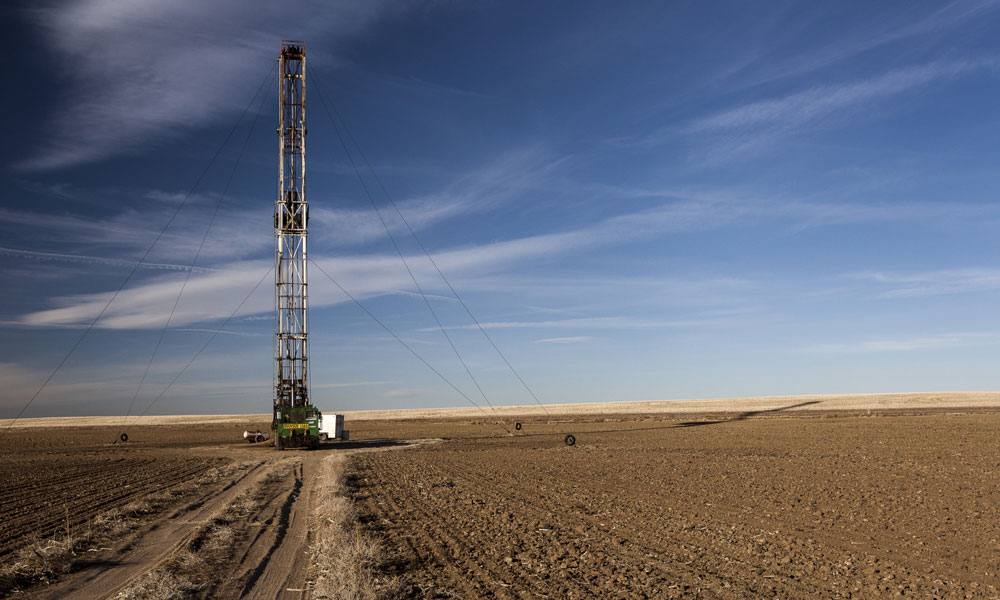
Energy Groups Hustle to Court Over Federal Fracking Rules
Two associations in the energy space have filed a lawsuit against the federal government over new safety regulations that apply to fracking operations on federal or tribal lands.
The federal government’s new safety regulations for hydraulic fracturing, or fracking, on federal land has generated a lot of controversy in the political realm since they were unveiled last week.
The long-in-the-works proposal also drew legal action from two energy-industry trade groups. But, unlike the rules in question, the suit didn’t take three years to put together. On Friday, the Western Energy Alliance (WEA)—a group that counts ConocoPhillips among its members—and the Independent Petroleum Association of America sued the U.S. Bureau of Land Management (BLM) and the secretary of the interior, claiming that the new rules could severely damage the oil and gas industry and increase costs.
“This is a classic case of federal overreach, with the government taking on even more control that will stifle economic growth and job creation while limiting the return to American taxpayers on the energy they all own,” WEA President Tim Wigley said in a news release.
Wigley added that current state regulations are already effective at solving many of the concerns that BLM has raised.
“States have been successfully regulating fracking for decades, including on federal lands, with no incident that necessitates redundant federal regulation,” Wigley said. “BLM struggles to meet its current workload of leasing, environmental analysis, permitting, monitoring, inspecting, and otherwise administering the federal onshore oil and natural gas program. Yet it is undertaking an entirely new regulatory regime that it has neither the resources nor the expertise to implement.“
The lawsuit asks the court to to block the rules from going into effect.
Building Confidence
Meanwhile, the Interior Department is defending the rules, saying they strike a balance between energy interests and environmental protection. The regulations require that fracking firms working on federal and tribal lands name the chemicals they use, safely dispose of water contaminated by the drilling process, and meet construction standards.
“This rule will move our nation forward as we ensure responsible development while protecting public land resources,” Jewell said, according to Bloomberg Politics. “[It’s] critical that the public has confidence that robust safety and environmental protections are in place.”
Mark Barron, a lawyer for BakerHostetler, the firm representing the associations in the case, told the news service that the rules will have the opposite effect by encouraging energy companies to move to private land.
“Requiring oil and gas operators to file repetitive paperwork with multiple government agencies will not prevent or remediate environmental harm,” Barron said in a news release from the law firm.
A group on the other side of the debate, the Natural Resources Defense Council, agrees with that sentiment—but for different reasons than Barron. Speaking to Politico, NRDC Senior Policy Analyst Amy Mall argued that the policies won’t ease her group’s concerns about fracking, “even if this rule were absolutely perfect, the strongest it could be, with rigorous penalties for noncompliance.”
“Because none of those rules are strong enough and enforced enough,” Mall continued. “Because we’re very concerned about how much oil and gas BLM is permitting and the process they’re using.”
(iStock/Thinkstock)






Comments